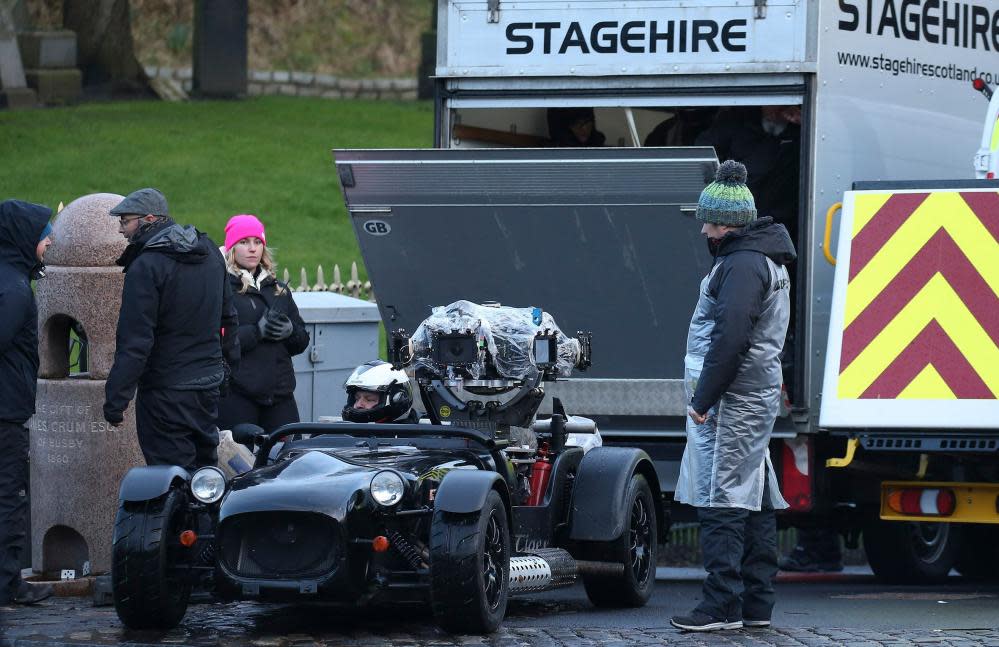The government's new film production guidelines risk massive damage to UK industry

The news that Covid-19 safety guidance has been approved for the UK’s film and television industry is very welcome. But it is by no means the end of the story.
Anyone who reads these announcements, including people like myself who work in the industry, might think it was problem solved and we can all get back to work. However, there is no mention in this article of a massive hurdle that has yet to be overcome: insurance.
Covid-19 will be excluded as an insurable risk, so if production is delayed due to the infection of a cast or crew member, that cost, which could run to millions, will have to be borne by the production and its financiers. Add to that the additional costs generated by following the new safety guidelines (extra crew, PPE, slower shooting days), and the level of financial risk is extremely high and impossible for nearly all producers to bear.
Without government support … there will be massive damage to domestic production and broadcasting
If your production is financed by one of the large companies (such as a US studio, Netflix or Amazon), chances are pretty good it will go ahead, as these big players will be willing to underwrite any risk to keep generating product.
If your production is financed by a British broadcaster or multiple financiers, as is the case with almost all UK independent film, there is very little chance of anything happening until the government agrees to guarantee to underwrite any future suspension or abandonment costs related to Covid-19.
Related: The Batman among movies given go-ahead for restart of UK filming
Without government support, we will be in a situation where inward investment projects, almost always from US backers, will be able to continue but there will be massive damage to domestic production and broadcasting as well as an impact on UK exports. Most of the tens of thousands of freelance film and TV workers, including actors, who have been ineligible for government financial support, do not work on the big projects. They rely on local productions for their livelihood.
There is a precedent for this kind of government support of insurers: in 1993, after a series of IRA bombings. claims were underwritten for terrorism-related damages. The French government has already approved a €50m (£44.8m) indemnity for film, which comes into operation today.
Discussions about a solution are said to be taking place with the pandemic steering group that was established to provide an insurance industry response to the government for future pandemics, but there are concerns this could take months.
I applaud the work done by the department for culture, the BFI, the British Film Commission, broadcasters and Pact. I hope they can keep up the pressure so our homegrown industry receives the same support as inward investment. There is a long way to go before we can get back to anything like the level of production of before, but it’s essential we continue to remind the government this announcement of guidelines is very far from job done.
•Andrew Eaton is a film and TV producer, with credits including The Crown, Rush and The Trip

 Yahoo News
Yahoo News 
